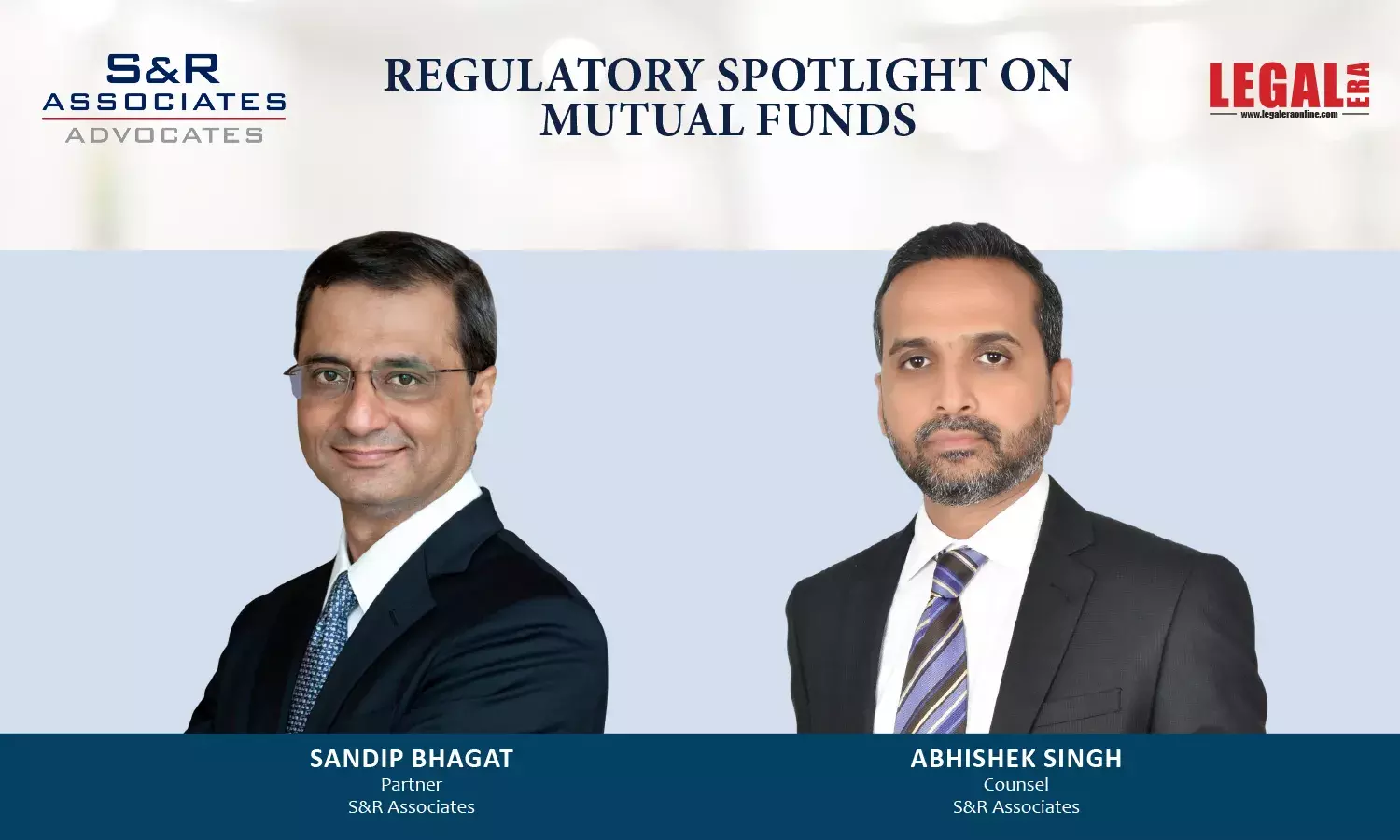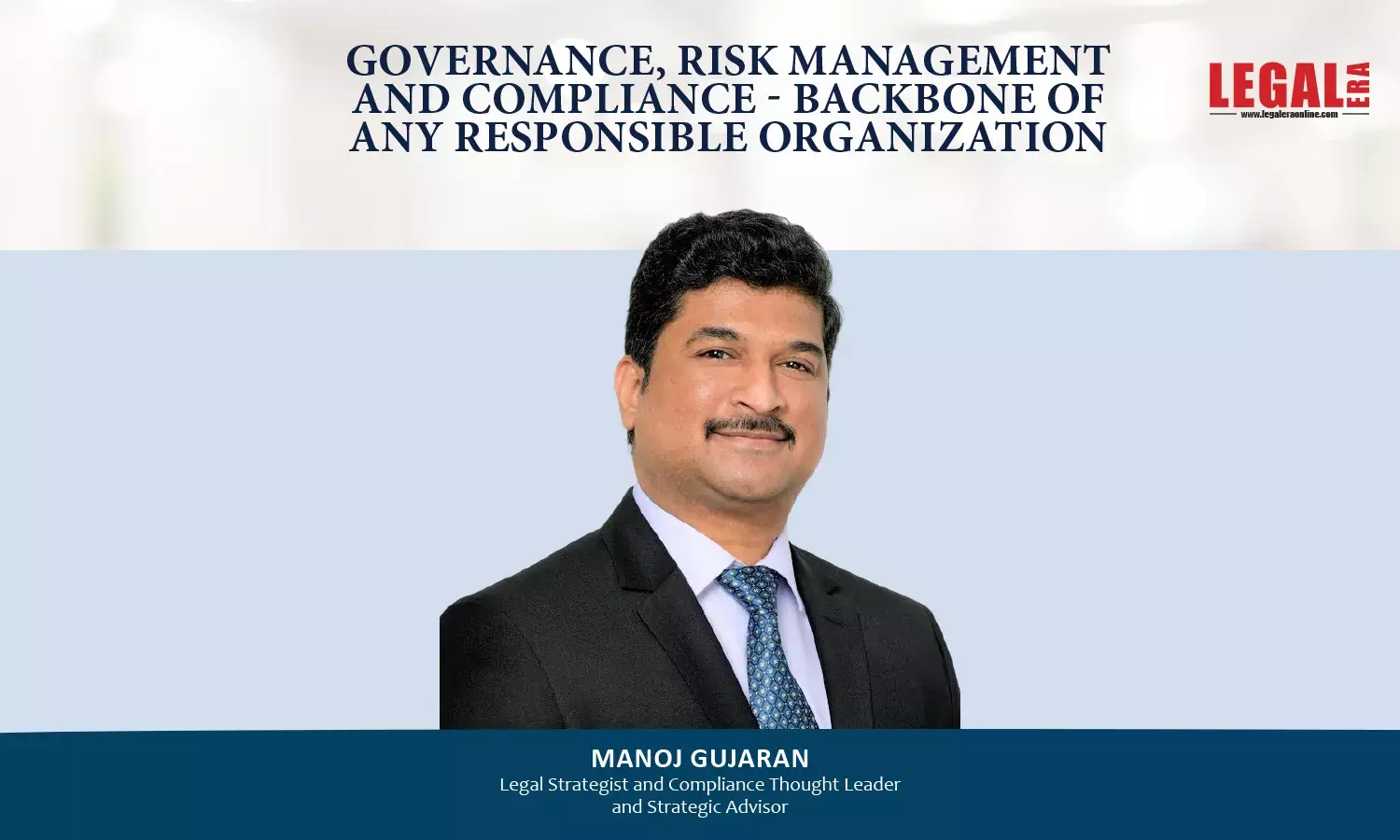Regulatory Spotlight On Mutual Funds

REGULATORY SPOTLIGHT ON MUTUAL FUNDS The recent regulatory changes and enforcement actions are steps to regulate and monitor dealings of key managerial personnel of AMCs and strengthen the internal procedures of AMCs The Indian mutual fund industry has experienced significant growth in recent years, with data released by Association of Mutual Funds in India (“AMFI”) indicating that...
REGULATORY SPOTLIGHT ON MUTUAL FUNDS
The recent regulatory changes and enforcement actions are steps to regulate and monitor dealings of key managerial personnel of AMCs and strengthen the internal procedures of AMCs
The Indian mutual fund industry has experienced significant growth in recent years, with data released by Association of Mutual Funds in India (“AMFI”) indicating that assets under management increased from INR 25.48 trillion (USD 303 billion approximately) as on August 31, 2019 to INR 66.70 trillion (USD 795 billion approximately) as on August 31, 2024.
The Indian securities market regulator, the Securities and Exchange Board of India (“SEBI”), has increased its scrutiny over the mutual funds industry and tightened the regulations. We discuss some enforcement actions and changes to the regulations implemented by the SEBI.
ENFORCEMENT ACTIONS
In enforcement actions, the market regulator has proceeded against the asset management company (“AMC”) for not exercising due diligence and care while making an investment decision and against the key managerial personnel of the AMC for taking undue advantage of their position to make wrongful gains.
HSBC MATTER
On July 25, 2024, the SEBI imposed a penalty of INR 500,000 on HSBC Asset Management India (“HSBC matter”) for failure to maintain records and the rationale in support of its investment decisions in certain securities during the period April 2019 and September 2020 and its failure to establish a mechanism to verify that due diligence was being exercised while making investment decisions.
Under the SEBI (Mutual Funds) Regulations, 1996 (“MF Regulations”), the Code of Conduct framed thereunder and the SEBI Master Circular on Mutual Funds dated June 27, 2024, an AMC is required to exercise due diligence and care in its investment decisions and render high standards of service.
In the HSBC matter, the SEBI noted that an investment in a security was made by the AMC without maintaining a record in support of the investment decision which would throw light on the data, facts and opinion which was relied upon by the AMC for making such investment decision. Further, the SEBI noted that even for selling shares of certain companies, the AMC had failed to record proper reasons justifying the sale of shares. Moreover, it noted that though there was a mechanism in place at the AMC to verify whether due diligence had been exercised while making investment decisions, in practice there was no evidence to suggest that the mechanism had been implemented.
In its order, while steering clear of questioning the commercial wisdom of the AMC in arriving at the investment decisions or the discretion available to the investment manager while arriving at his investment decision, the SEBI observed that the measures that have been mandated under MF Regulations to safeguard the interests of the unit holders and bring transparency in the investment decision making process had not been followed by the AMC.
JM FINANCIAL MATTER
In the matter of JM Financial Mutual Fund (“JM Financial”), the SEBI on July 31, 2024, penalized its former CEO, the Head of Institutional Sales, the Trustee and the AMC of the mutual fund.
The matter related to significant increase in the net asset value (“NAV”) of certain schemes of the mutual fund, which certain key management and their relatives were aware of while deciding to purchase units of the mutual fund schemes. The relevant schemes of the mutual fund held securities issued by defaulting issuers in their portfolio, which had been written down to nil value. However, after the SEBI issued operational guidelines for the trading of securities of a defaulted issuer, the mutual fund was able to sell the defaulted securities held in its portfolio, leading to an increase in the NAVs of the relevant schemes. In this background, the SEBI noted that the aforesaid key managerial personnel and their relatives had purchased units prior to the impending sale of the defaulted securities by the mutual fund. Once the defaulted securities were sold by the mutual fund, the NAV increased and resulted in considerable notional gains to these individuals.
The SEBI found the conduct of the key managerial personnel and their relatives to be an unfair trade practice as they had purchased units when they were in possession of or privy to material non-public information. The SEBI’s case rested on the premise that the former CEO as well as the Head of Institutional Sales were aware of the impending sale of defaulted securities along with their expected price or valuation. The SEBI came to this conclusion on the basis of the positions that these persons occupied in the AMC, the flow of information from the person handling the sale of defaulted securities and the trading pattern of the persons and their relatives.
The SEBI also found that the Trustees and the AMC had failed to adequately and timely inform the unit holders about the general affairs of the schemes in relation to change in the valuation of the defaulted securities. The change in the valuation of defaulted securities was material information which warranted timely disclosure from the Trustees and the AMC.
The enforcement action highlights the need for mutual funds to have a comprehensive documented policy to identify and characterize unpublished price sensitive information, as well as a process to monitor the flow of such information and mechanisms for the timely disclosure of the information.
AXIS MUTUAL FUND MATTER
A lack of internal control procedures was noted by the SEBI in the matter relating to Front Running of the Trades of Axis Mutual Fund. In its Interim Order-cum-Show Cause Notice dated February 28, 2023, the SEBI prima facie noted that the Chief Dealer of the AMC was on several occasions front running impending substantial orders of the clients of AMC during the investigation period. One of the basis on which the regulator’s case rested was that there was lack of physical supervision over the Chief Dealer and that he had access to a mobile phone which he had not disclosed to his employer, giving the Chief Dealer both the opportunity and means to communicate confidential non-public information about the impending orders to his accomplice. Although a final SEBI order is awaited, the enforcement action puts the focus on the internal control procedures adopted by mutual funds to monitor and preserve the confidentiality of non-public information and on the need for mutual funds to have an enhanced surveillance system to prevent misuse of such information by its employees.
RECENT REGULATORY CHANGES
With effect from November 1, 2024, certain amendments to the Securities and Exchange Board of India (Prohibition of Insider Trading) (Amendment) Regulations, 2022, will come into force for mutual funds. These changes essentially relate to communication and trading of units of mutual fund schemes by employees, which will now be covered under the more stringent insider trading regulations (these are currently regulated under provisions relating to fraud and unfair trade practices).
The SEBI has also amended the MF Regulations with effect from November 1, 2024, and included provisions relating to an institutional mechanism to be implemented by an AMC for the identification and deterrence of potential market abuse, including front-running and fraudulent transactions in securities. The mechanism requires AMCs to implement enhanced surveillance systems, internal control procedures, and escalation processes including a documented whistle blower policy. A circular dated August 5, 2024 required the AMFI to prescribe detailed implementation standards in consultation with the SEBI. Accordingly, AMFI has recently mandated AMCs to implement institutional mechanisms to identify, monitor and address potential fraudulent transactions in securities.
CONCLUSION
The recent regulatory changes and enforcement actions are steps to regulate and monitor dealings of key managerial personnel of AMCs and strengthen the internal procedures of AMCs. Such increased regulatory scrutiny has been to deter potential market abuse and increase investor confidence. AMCs should carefully monitor these changes, including their processes and dealings by key managerial personnel and employees.






